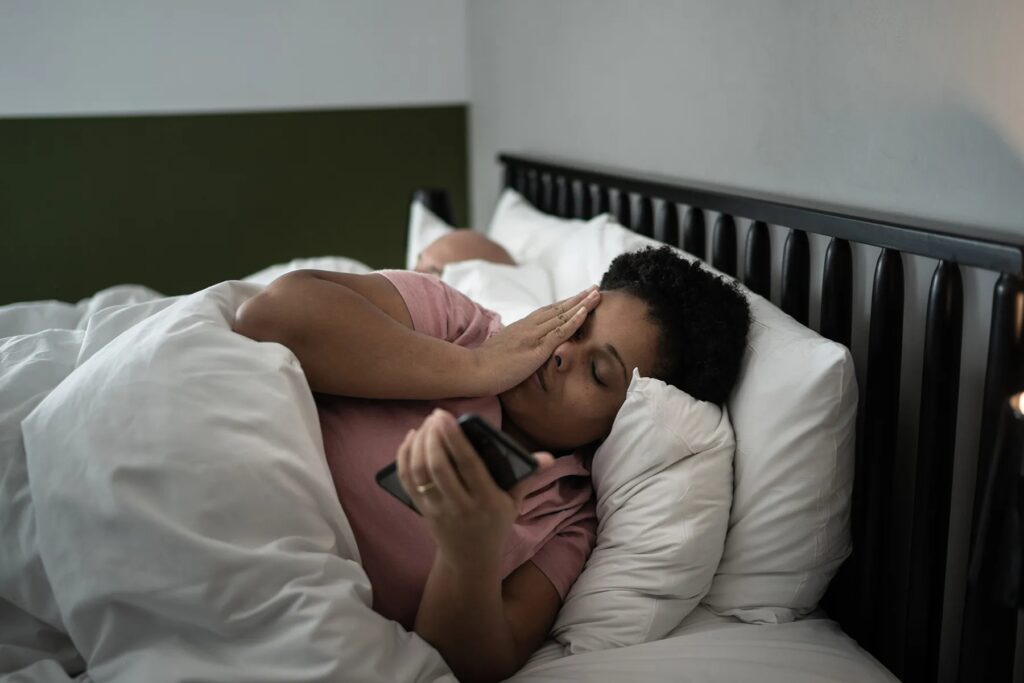April 11, 2023 — Experts recommend most adults get 7 to 9 hours of sleep a night. If you’re among the roughly one-third of people who sleep less (or more), regular exercise may help you dodge possible long-term health consequences like heart disease and early death.
Plenty of research points to sleep and physical activity as crucial factors impacting life expectancy. Regular exercise can lengthen life, while too little or too much sleep may cut it short.
But evidence is growing that exercise may counteract the negative effects of poor sleep. A 2022 study found that being physically active for at least 25 minutes a day can erase the risk of early death associated with too much sleep or trouble falling asleep. And a 2021 study found that lower levels of physical activity may exacerbate the impact of poor sleep on early death, heart disease, and cancer.
The latest such study, from China, suggests that higher volumes of exercise can virtually eliminate the risk of early death associated with sleeping too little or too long.
This study is unique, the researchers say, because it used accelerometers (motion-tracking sensors) to quantify sleep and physical activity. Other studies asked participants to report their own data, opening the door to false reports and mistakes.
Some 92,000 participants in the U.K. ages 40 to 73 wore the activity trackers for a week to measure how much they moved and slept. In the following 7 years, 3,080 of them died, mostly from cardiovascular disease or cancer.
As you’d expect, the participants least likely to die also exercised the most and slept the “normal” amount (6 to 8 hours a night, as defined by the study).
Compared to that group, those who exercised the least and slept less than 6 hours were 2.5 times more likely to die during those 7 years. Less active folks who got the recommended sleep were 79% more likely to die, and the risk was slightly higher than that for those who logged more than 8 hours a night.
But those risks disappeared for short- or long-sleeping participants who logged at least 150 minutes a week of moderate to vigorous activity. That’s 30 minutes of exercise 5 days a week.
“Exercise fights inflammatory and metabolic dysregulations and abnormal sympathetic nervous system activity,” said study author Jihui Zhang, PhD, of the Affiliated Brain Hospital of Guangzhou in China. Those problems are associated with cardiovascular diseases and other potentially fatal conditions.
More Objective Data – With Tech
A study’s findings are only as good as the data it relies on. That’s why objective data, not influenced by individual perception, is key.
“Self-report questionnaires are prone to misperception, or recall or response bias,” Zhang explains.
Take sleep, for example. Research reveals several factors can impact how we judge our sleep. When people have to sleep at irregular times, they often underestimate how many hours they sleep but overestimate how long they nap, found a study in the Journal of Clinical Sleep Medicine.
Another study showed that when people are under a lot of stress, they’ll report more sleep problems than they actually have, as revealed by a sleep monitor.
With exercise, participants often report doing more exercise, and doing it at a higher intensity, than objective measurements show they did. At the same time, self-reports typically don’t account for much of the unplanned, low-effort movement people do throughout the day.
Staying Active When You’re Tired
The study raises a practical question: If you don’t get the proper amount of sleep, how are you supposed to find the time, energy, and motivation to exercise?
The solution is to use one to fix the other.
Exercise and sleep have “a robust directional relationship,” Zhang said. Exercise improves sleep, while better sleep makes it easier to stick with an exercise program.
Ideally, that program will include a mix of cardio and resistance exercise, said Mitch Duncan, PhD, a professor of public health at the University of Newcastle in Australia.
As Duncan and his co-authors showed in a recent study, “the largest benefits to health occur when people do a combination of both aerobic and muscle-strengthening activity,” Duncan said.
“In terms of benefits to sleep, there doesn’t seem to be consistent evidence that favors either as being most effective.”
The timing or intensity of exercise doesn’t seem to matter much, either.
“But there is evidence that a greater duration contributes to larger improvements in sleep,” Duncan said.
In other words, longer workouts are generally better, but they don’t necessarily have to be super-intense.
The strongest evidence of all, however, shows that recent and regular exercise offer the biggest benefits at bedtime.
Today’s workout will improve tonight’s sleep. And the better you sleep tonight, the more likely you are to stick with the program.

